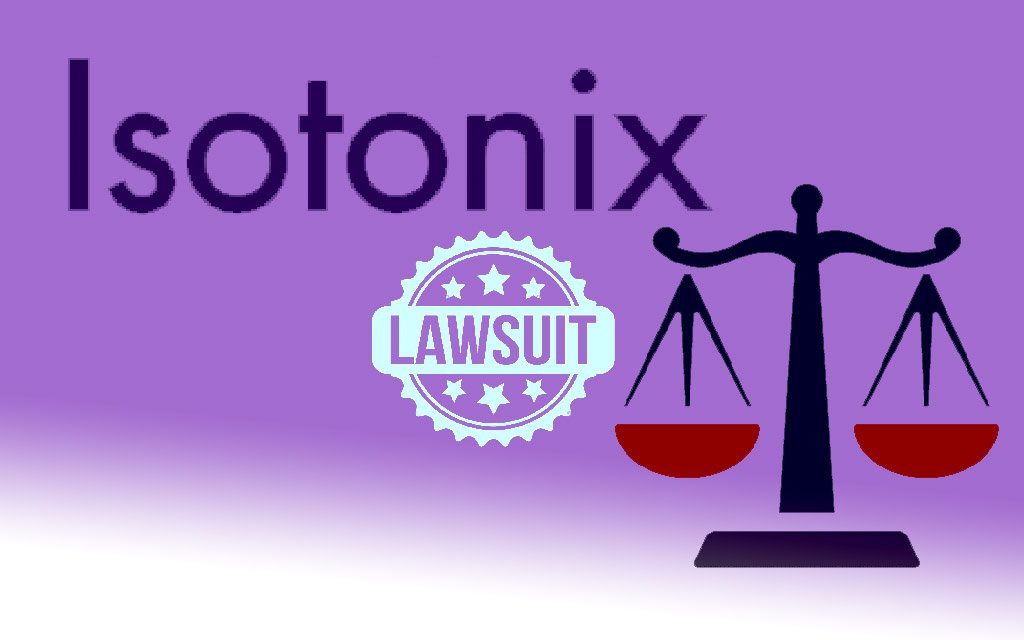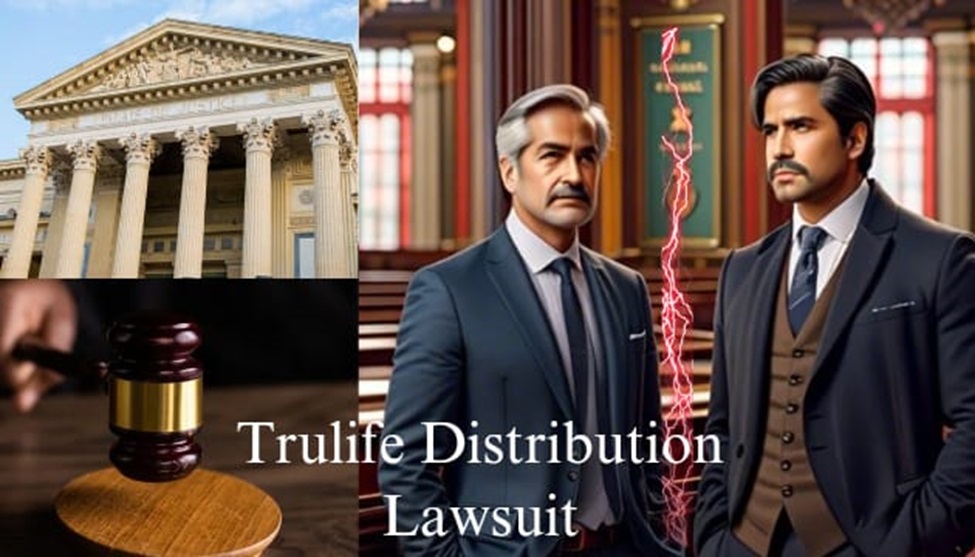Drive Social Media faces a lawsuit that raises serious concerns. The case involves deceptive practices, contract disputes, and financial misrepresentation allegations. Many businesses claim they suffered losses due to misleading promises. Understanding the details of this lawsuit is crucial for anyone considering marketing services.
This article breaks down the case, key arguments, and possible outcomes. Learn how this lawsuit could impact clients and the industry. Know your rights and make informed decisions before signing any marketing agreements.
Background of Drive Social Media
Drive Social Media is a marketing agency known for data-driven strategies. The company promises high returns through targeted advertising and social media campaigns. Many businesses hired them to improve online presence and increase revenue.
However, complaints emerged regarding their contract terms and service quality. Some clients claim they did not receive the promised results. Frustration grew as more businesses stepped forward with similar experiences. Reports indicate that some clients were pressured into signing long-term contracts without fully understanding the terms. This led to a legal battle that questions the company’s integrity and business practices.
Key Allegations in the Lawsuit
The lawsuit against Drive Social Media includes multiple allegations. Some of the major claims involve:
- Misleading Guarantees: Clients complain that Drive Social Media promised unrealistic returns on investment. Most businesses were promised that they would experience substantial revenue growth within a short time. But when their campaigns did not bring them profits, they discovered the promises were overstated or outright false.
- Unfair Contracts: Some companies say they were stuck with long-term contracts without explicit terms. They contend that Drive Social Media employed misleading language in contracts, which made it hard to decipher cancellation policies and commitments. Most felt trapped in agreements; they wanted to leave but could not without substantial penalties.
- Hidden Charges: Some plaintiffs complain of surprise fees that were not initially disclosed. Some companies were charged extra fees for services they thought were part of their initial contracts. These additional charges had a big impact on their marketing budgets and overall profitability.
- Poor Performance: Customers complain that the agency did not live up to its marketing promises. Most anticipated increased interaction, customer conversions, and improved sales. However, what they saw was mediocre performance, with no significant return on their investment.
- Breach of Agreement: Some businesses argue that Drive Social Media was in breach of contract. They assert that guaranteed services, such as frequent reports, ad optimizations, and campaign adjustments, were either sporadic or missing. This absence of service resulted in lost money and inefficient marketing campaigns.
These claims have led to financial losses for several companies. The lawsuit aims to hold the agency accountable for its business practices.
Legal Arguments from Both Sides
Plaintiff’s Position
Businesses affected by Drive Social Media argue that they were misled. They claim the company used deceptive sales tactics to attract clients. Many believed they would see immediate growth in revenue. Instead, they experienced losses due to ineffective marketing strategies.
Plaintiffs demand compensation for damages, lost profits, and contract violations. They argue that Drive Social Media’s misleading tactics caused them financial harm. Some plaintiffs also seek changes in industry regulations to prevent similar situations in the future. They believe stricter guidelines on advertising claims and contract transparency will protect other businesses from falling victim to misleading marketing agencies.
Defense Strategy
Drive Social Media denies all allegations. The company argues that marketing results depend on various factors, including client participation. They claim they provided services as outlined in contracts. Any failure, they say, is due to external factors beyond their control, such as market conditions, competition, or the quality of the client’s products and services.
The defense also insists that clients willingly signed agreements. They argue that all terms were clearly stated before any business transactions occurred. Additionally, Drive Social Media asserts that they fulfilled their contractual obligations and that dissatisfaction with results does not equate to a breach of contract.
Impact on Clients and the Marketing Industry
This case has made businesses asking for marketing services worry. Clients now wonder about the honesty of digital marketing agencies. Most of them worry about secret charges, false promises, and subpar results.
For the business, this case can be precedent-setting. More stringent regulations might be created to stop fraudulent activities. Agencies could be required to give more transparent contracts and more realistic expectations.
Furthermore, companies can become more vigilant in selecting marketing partners. This example shows that there is a need for due diligence prior to contract signing. Firms might begin prioritizing reputable agencies with valid case studies and clear pricing models.
How to Protect Yourself from Marketing Scams
Businesses must stay cautious when hiring marketing agencies. Here are some key steps to protect yourself:
- Research Prior to Signing: Read online reviews and testimonials of past customers. Search for complaint patterns, such as surprise charges, poor communication, or disappointing outcomes. Third-party review sites and the Better Business Bureau are good places to start.
- Read Agreements Carefully: Make certain all terms, pricing, and deliverables are well-defined. Note termination policies, refund policies, and extra charges. If any agreement is ambiguous, request clarification before signing.
- Skip Guaranteed Results: No agency will guarantee certain revenue growth or ROI. Marketing outcomes are based on various factors like industry trends, competition, and customer behavior. Be cautious about agencies that claim otherwise.
- Request References: Talk to other companies that have used the agency. Ask about their experience, results, and if they would recommend the service. Be honest; feedback from previous customers can help you make an informed decision.
- Track Performance: Track marketing performance and demand transparency from service providers. Request regular reports and analytics to review campaign impact. When performance is poor, address concerns upfront to prevent long-term losses.
Following these steps helps prevent financial losses and legal disputes.
Possible Outcomes of the Lawsuit
The Drive Social Media lawsuit could have several outcomes. If the plaintiffs prove deception, the company may face fines, refunds, or contract revisions. Businesses that suffered losses might receive compensation.
If Drive Social Media wins, the company could continue operations without penalties. However, reputational damage may affect its future growth. Clients may remain skeptical about its services despite a legal victory. Negative publicity could also lead to increased scrutiny from regulatory agencies.
Regardless of the verdict, this case highlights the importance of transparency in marketing agreements. It may lead to increased awareness among businesses and push marketing firms to adopt more ethical practices.
Conclusion
The Drive Social Media lawsuit exposes serious issues in digital marketing. Clients allege financial losses due to misleading promises and unfair contracts. The case’s outcome could impact the entire industry and future business dealings.
Businesses must remain cautious when choosing marketing services. Always research, read contracts, and demand transparency before making commitments. Protecting your company from deceptive practices ensures long-term success and financial stability.
Stay informed and take proactive steps to safeguard your business from marketing fraud. Legal battles like this serve as reminders that diligence and transparency are crucial in the business world.


